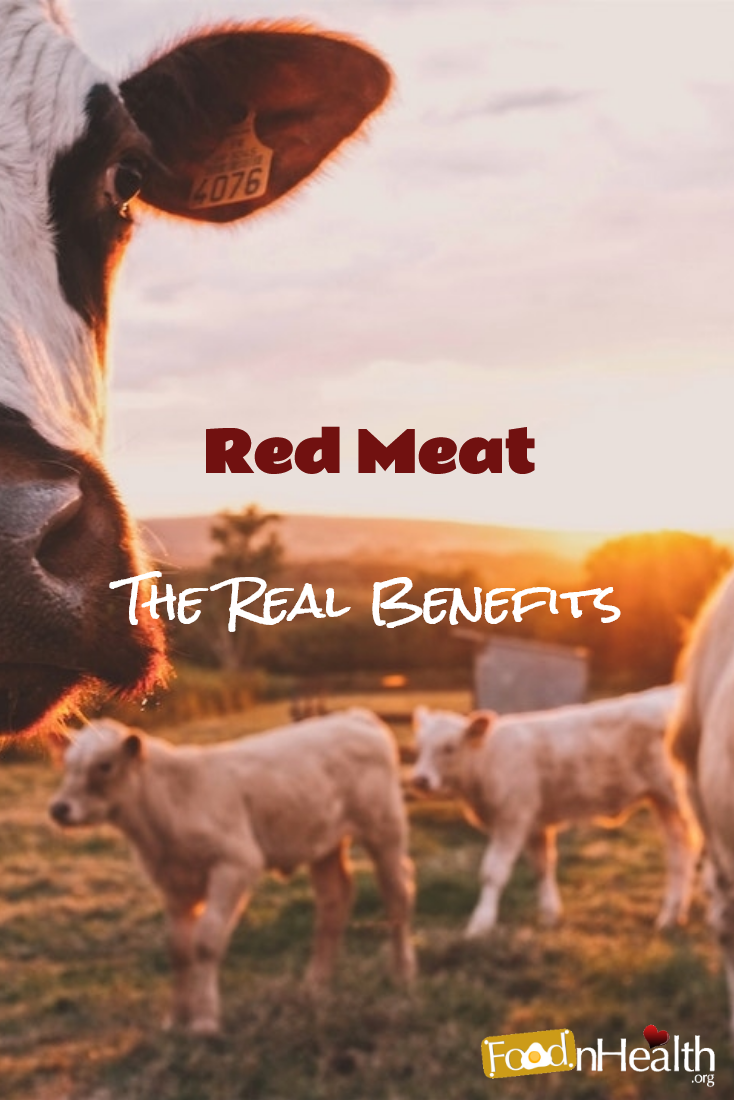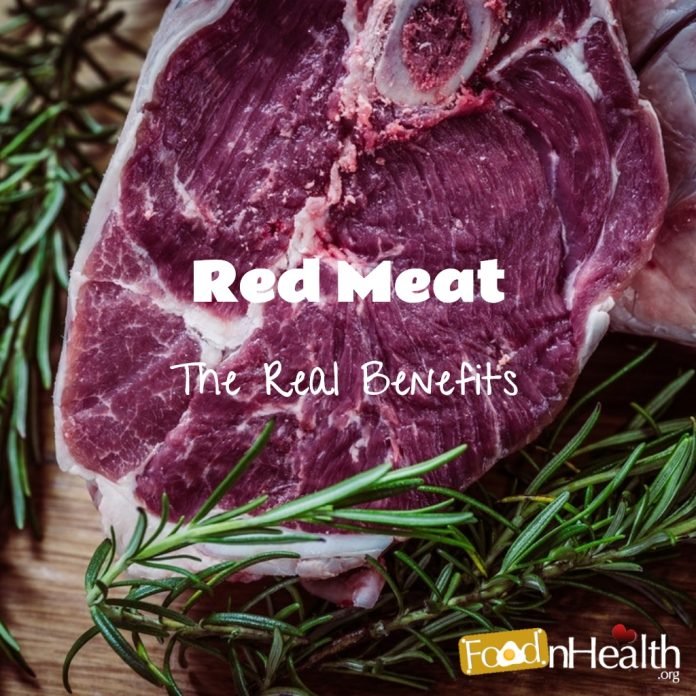It’s safe to say that the number of vegans and vegetarians is getting bigger every day. This comes as no surprise since there are now many life coaches and “nutrition experts” who claim that eating red meat will increase your susceptibility to infections, stroke or even kidney disease.
Despite the fact that humans have been eating red meat since the dawn of time many still believe that it can cause harm. Because of that, red meat is probably the most controversial subject in the history of nutrition.
The truth is, every food is harmful if you overeat. The key to a long and healthy life is in moderation. Now, let’s see why red meat is great, despite what some people might say.
Red meat is packed with protein and iron
At least 10,000 different proteins make you what you are. That’s right; protein is found throughout your body – in your bones, muscles, bones, skin and hair. As you can see, protein is a key player in a healthy body, and that means that the production of antibodies, as well as your immune system, will benefit from a daily dose of red meat.
Check: 5 Delicious and Healthy Ways to Eat Jerky
According to the World Health Organization (WHO), iron deficiency is the top nutritional disorder in the world. Almost 80 percent of people in the world don’t have enough iron in their bodies. Red meat, especially beef, contains heme iron which works much better than the non-heme iron which can be found in vegetables.
Red meat contains Zinc
Zinc is needed for the body’s defensive (immune) system to work properly, and is also needed for the senses of taste and smell and wound healing. It helps build muscle mass and helps promote a healthy brain.
Our bodies need 15 mg of zinc each day, and a regular sirloin steak contains 6.2 mg of it.
Studies have shown that zinc and previously mentioned heme iron from animal sources are much more easily transported across the membrane to our gut which aids the absorption of those minerals.
Red meat and B vitamins
Eating foods that contain naturally occurring B vitamins is better than gorging yourself with store-bought vitamin supplements. Lean red meat contains B-12 vitamin which is essential for a healthy nervous system and B-6 which helps strengthen your immune system.
Niacin, another B vitamin which aids digestion can also be found in red meat, as well as riboflavin which makes our eyes and skin healthy.
Not all red meat is the same
The meat we eat today is different than the meat our ancestors ate. But, don’t blame evolution for that, blame us! Once upon a time animals roamed free and ate grass, insects, and whatever was entirely natural for them. Red meat doesn’t cause cancer… it’s the sodium nitrite added to processed meats.
Imagine a wild cow that’s roaming free, cheerfully walking and chewing grass without a single worry in the world and compare it to today’s cow which is trapped in a small space and forced to eat whatever it gets. Naturally, the meat from a cow that roams free will be much different than the meat derived from a cow that was born and bred in a factory where red meat may have hormones, chemicals, medicine, pesticides, fed GMO and Roundup, no sunlight so antibiotics and more …

The good news is, you don’t have to eat the meat that comes from a factory. There are many organic and free-range farms that don’t treat the animals like slaves.
So what does this mean for you? It means that you get to vote with your wallet how the animals will be treated, and what kind of meat you’ll be eating. Nowadays it’s even possible to buy meat online from free-range farmers and get it delivered right to your doorstep while it’s still fresh.
Not all meats are created equal! Grass-fed and organic meat is much better than factory-farmed meat!
As you can see, the red meat did not tarnish its own reputation – we did! Don’t be afraid to consume lean red meat. The benefits of red meat are far greater than the risks.























